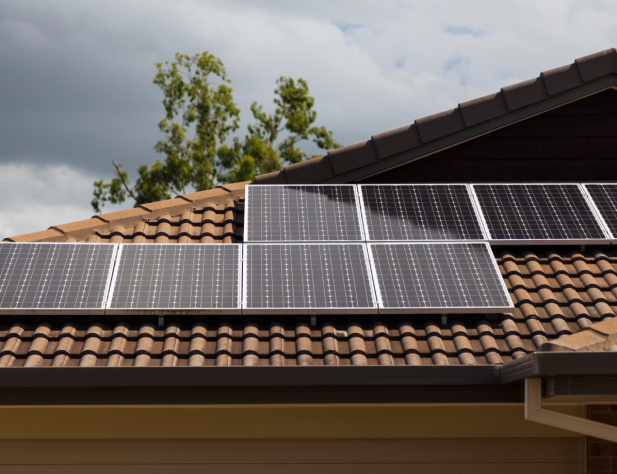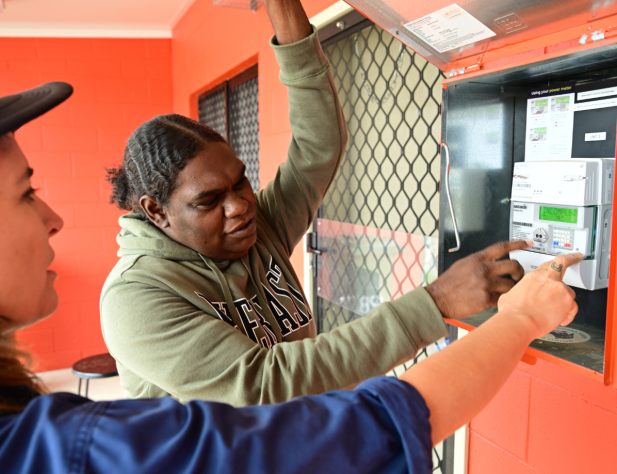Objectives
From heating to hot water, lighting to laptops, our access to energy is essential for a reasonable standard of living. So how is it possible in today’s Australia that people who can’t afford it can so easily have an essential service disconnected? Other countries increasingly protect vulnerable people – such as infants – from losing supply. We want to see a new normal where disconnection is a last resort.
More of us are entering energy affordability programs – and with higher debt. We have to ask, if energy is an essential service, how can it be unaffordable? There are two big issues here: there is no common understanding of what effective, sustainable support measures look like, and no consistent application of the supports that do exist. We need to identify and put in place long term supports that work to break the cycle of energy poverty.
The energy system isn’t consistently providing affordable and reliable energy to consumers, and some rules have too little regard for consumer interests. This means consumers aren’t sufficiently protected against inequitable and sometimes unfair outcomes. Energy ombudsmen don’t have the mandate to support consumers across all their energy decisions. Along with other advocates, ECA has called for regulatory reforms to ensure consumers are treated fairly – but we want to approach things from a new angle: we think there should be an overarching obligation to ensure better consumer protections and outcomes for consumers.
Since the pandemic, the proportion of households and small businesses having difficulties affording their energy bills has increased. We’re seeing a widening energy divide in Australia between consumers who can easily access efficient, reliable, and affordable energy, and those who can’t. People living in First Nations communities and small businesses in embedded networks are among those most at risk. If we are to avoid the energy transition creating an entrenched energy underclass in Australia, we need proper planning and policy interventions.
With extreme weather events increasing due to climate change, we need to help build energy resilience, especially in regional and rural communities. To do this, people living in potentially affected areas will need toolkits, resources, and assistance to help them, and they will need to work together and be prepared to take action if their power goes out due to a bushfire, flood or cyclone. Forewarned is forearmed so every community should have a resilience plan in place as soon as possible.
Our work on Justice
Find out more about our work relating to our target 'Justice', which focuses on ensuring consumers have the energy they need. Here, you can navigate through the pages or use the search function to find specific work relating to 'Justice'.









Subscribe to our newsletter
Join our community to access analysis on energy events, be the first to see our latest market research, receive invitations to stakeholder events, and help advance consumer needs.